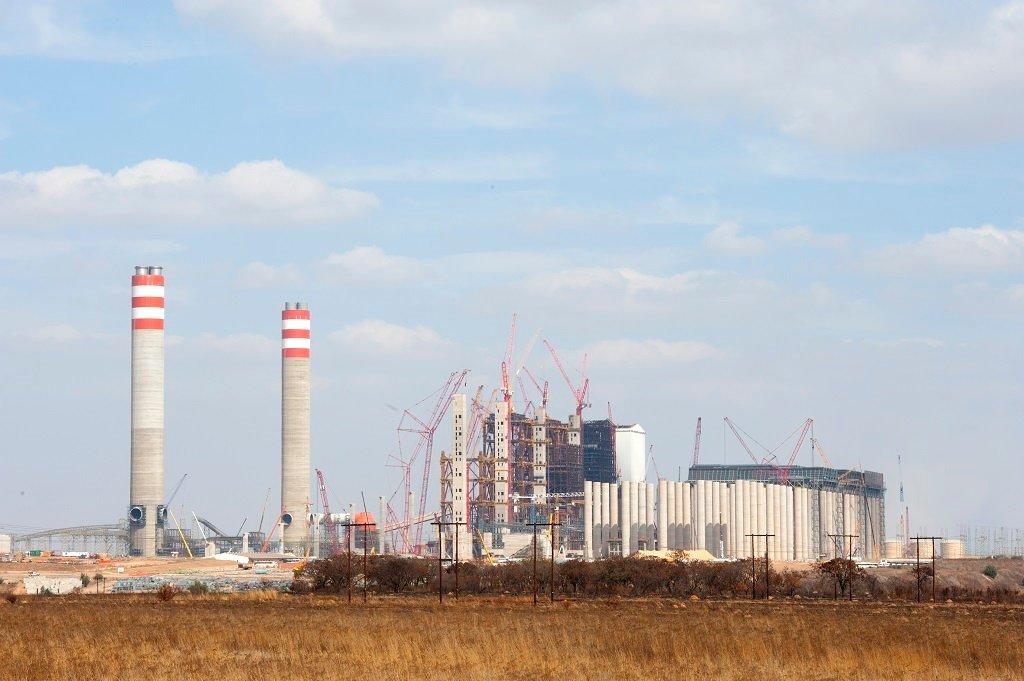Africa-Press – South-Africa. Eskom’s maintenance programme is not yielding the required results, with many generating units suffering breakdowns after returning to service, says chief operating officer Jan Oberholzer.
Oberholzer and other Eskom officials, including acting head of generation Rhulani Mathebula, on Monday briefed the media on the current state of the system. Eskom last week implemented stage 2, which escalated to stage 4 over the weekend.
In total, the power utility lost 42 units last week, adding up to about 24 000MW. It has returned 37 units to service – about 22 000MW. Generally, demand in the winter months is approximately 33 000MW and in summer, it is around 31 000MW.
Oberholzer said that Eskom plans to ramp up maintenance over the summer months, but the utility can’t take as multiple units as it wants to offline simultaneously, as there is not enough generation capacity.
Adding to Eskom’s woes is the fact that maintenance, which has taken place so far, is inadequate.
“We find the maintenance we are doing is not yielding the required results and effects. Many generating units return from planned maintenance only to suffer breakdowns again,” said Oberholzer.
“The standard and quality of work being done are not what it should be, owing to lack of skills, particularly artisan skills and skilled operators both in Eskom and some of our partner contractors.”
At Kusile, for example, there are challenges with getting workers with “appropriate experience” to be able to maintain the plant, which has technologies like flue-gas desulphurisation to remove sulphur dioxide emissions. If workers have the required experience, they can proactively resolve challenges to keep the plant running reliably, Oberholzer said.
Eskom is working on the competency issue and will also communicate what the actions are, said Oberholzer.
‘We are in a very bad place’, expert warns as load shedding ramps up
There are multiple issues at Kusile, said Mathebula. This includes severe leaks on some components of the plant, blockages and failures of pumps.
“We have seen a high failure rate than what we have expected. We are still optimising the plant to be able to ensure that we can get really longer running hours from most of the components from that plant,” he said.
Design defects at the plant are also a factor – but these are being addressed. Eskom is working on contracting a bigger team from General Electric to assist in the operating and maintenance of the plant, and is finalising an agreement to source spares, said Mathebula.
“The majority of spares for the plant is overseas,” he said. This means long lead times are required to source spares.
He noted that delays in funding also negatively impact maintenance programmes. If planned maintenance gets funded three to six months before a unit is officially taken offline, the chances of a successful execution are “very low”, he said. This is because the scope of work that can be completed is also impacted.
This gives Eskom enough time to order spares from overseas – which often require lead times of 12 to 18 months for delivery.
“In the recent past, we found ourselves in a situation where we could not have outages fully funded before the time we had to take them offline … And that resulted in outages being deferred and in some cases, scopes not being executed as planned due to funding.”
In the meantime, Eskom has been prioritising funding and maintenance at plants that will continue running beyond 2035 – this includes Lethabo and Matimba. Eskom has started mid-life refurbishments at the plants, which should have actually been done a few years ago.
Rhulani admitted that because there isn’t enough capacity to take off as many units offline at a time, some units have continued running with known defects.
Energy interventions
Oberholzer added that for the next 12 months, it is unlikely South Africans will see the benefits of the energy security interventions announced by President Cyril Ramaphosa in July. Among these include being allowed to increase the budget on critical maintenance for the next 12 months.
Until new projects come onto the grid, Eskom will have to rely on the old coal fleet, which continues to deteriorate, given the insufficient opportunities for reliability maintenance.
Load shedding continues for the week ahead – Oberholzer said the outlook could change on short notice due to unforeseen breakdowns.
Even though there is low energy demand in the summer periods, sporadic load shedding remains, he added.
For More News And Analysis About South-Africa Follow Africa-Press






